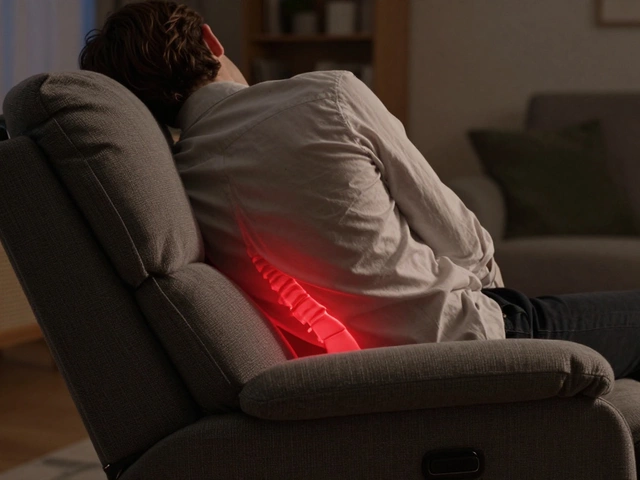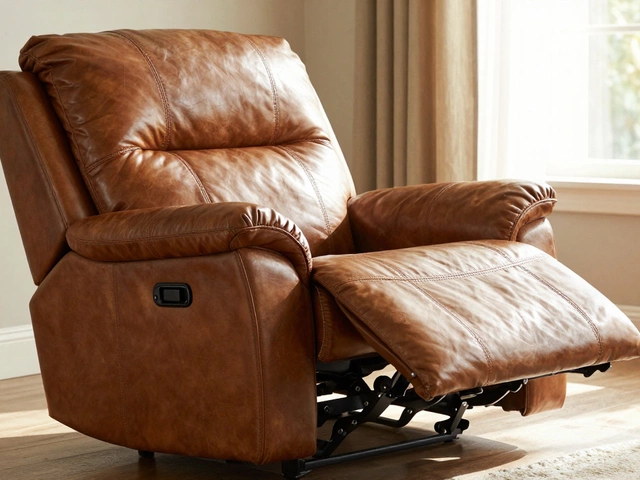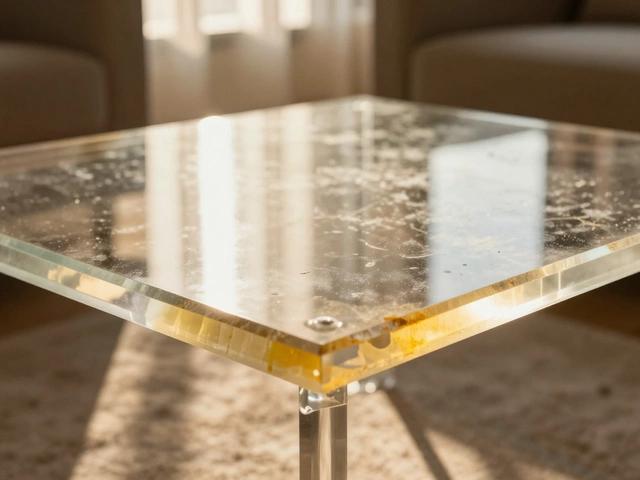Does Vinegar Repel Mice? Quick Facts & How‑to Guide
If you’ve heard that kitchen vinegar can kick mice out of your house, you’re not alone. People love cheap, easy tricks that don’t involve chemicals. But does the sour smell actually make mice think twice? Let’s break down the science, see what works, and give you a few no‑fuss ways to try it.
How Vinegar Works Against Mice
Vinegar is made of acetic acid, which gives it a sharp, pungent odor. Mice have a super‑sensitive nose and rely on scent to find food and feel safe. A strong, unfamiliar smell can disturb them, but it rarely kills or drives them away for long.
Research shows that mice avoid areas with strong acidic scents for a short time. The odor masks the smells they normally follow, like crumbs or pet food. However, once the smell fades, the mice usually return. So vinegar is more of a temporary irritant than a permanent solution.
Practical Ways to Use Vinegar at Home
Here are three simple methods you can try before reaching for pricey traps.
1. Spot‑clean entry points. Mix equal parts white vinegar and water in a spray bottle. Spray the mixture around door frames, window sills, and any cracks you think mice might use. The smell will discourage them from squeezing through those spots.
2. Create a barrier on surfaces. Soak a cloth in undiluted vinegar and lay it on pantry shelves or under the sink. Replace the cloth every day until you see less mouse activity. The constant scent keeps their noses from getting comfortable.
3. Combine with other natural deterrents. Pair vinegar with peppermint oil or crushed pepper. The combined scents are harder for mice to ignore. Just add a few drops of peppermint oil to your vinegar‑water spray for an extra punch.
Remember to test any liquid on a small area first if you’re using it on wood or painted surfaces. Vinegar is safe for most finishes, but it can dull some sealants over time.
While vinegar can buy you some peace of mind, you’ll still need a broader plan if you have a serious infestation. Seal holes larger than a quarter‑inch, store food in airtight containers, and keep garbage bins tightly closed. These steps cut off the things mice love most.
If you still spot droppings or hear scurrying after a week or two of vinegar treatment, consider setting snap traps or hiring a professional pest service. Combining a natural deterrent with physical traps usually gives the best results.
Bottom line: vinegar can help push mice away for a short spell, especially in tight spots where you can keep the smell fresh. It’s cheap, non‑toxic, and easy to apply, but don’t rely on it as your only defense. Use it as part of a clean‑home, seal‑up‑gaps strategy, and you’ll see fewer mouse surprises.
How Vinegar Deters Mice Naturally: Science, Application, and Smart Tips
Explore how vinegar keeps mice away, the science behind it, application tips, and how to boost your home protection with simple and natural steps.





